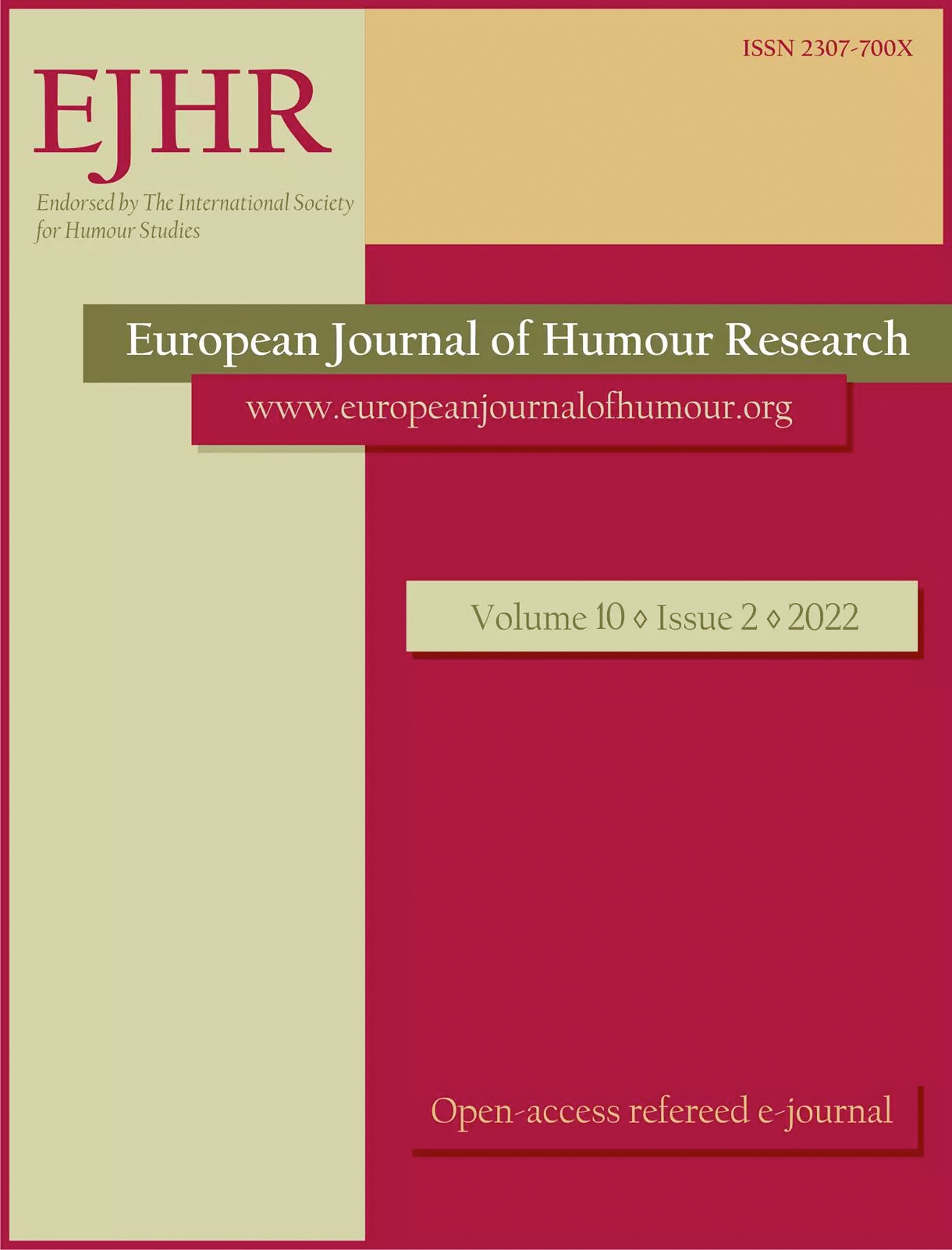The role of laughter in establishing solidarity and
status
The role of laughter in establishing solidarity and
status
Author(s): Angus McLachlanSubject(s): Anthropology, Social Sciences, Language and Literature Studies, Psychology, Applied Linguistics, Sociology, Psycholinguistics, Sociolinguistics, Cultural Anthropology / Ethnology, Culture and social structure , Social psychology and group interaction, Behaviorism, Identity of Collectives
Published by: Krakowskie Towarzystwo Popularyzowania Wiedzy o Komunikacji Językowej Tertium
Keywords: laughter; indexicals; solidarity; status
Summary/Abstract: Drawing on a range of American, Australian, British and Scandinavian research into laughter,the current paper will use the form of pragmatic analysis typically found in qualitative researchand apply it to data produced by the quantitative methodology common in the author’s owndiscipline of psychology. Laughter will be examined as an indexical that serves both a discoursedeictic function, designating the utterance in which it occurs as non-serious, and a social deicticfunction, marking the laughing person’s preference for social proximity with fellowinterlocutors. The paper will then analyse examples and data pertaining to three types oflaughter bout derived from taking laughter as an indexical. First, solitary listener laughter willbe argued to signify a deferential acknowledgement of continued solidarity with the speaker.Second, solitary speaker laughter will be suggested to mark a simple preference for solidarity.Third, joint laughter will be accepted as a signifier of actual solidarity that may also be used tomark status depending on which party typically initiates the joint laughter. Joint laughter thusacts in a manner closely analogous to the exchange of another set of indexicals, the T and Vversions of second person pronouns in European languages. Finally, the paper will concludeby examining the problematic case of laughing at another interlocutor, before brieflyconsidering the implications of this pragmatic perspective for traditional accounts of laughteras well as for future research.
Journal: The European Journal of Humour Research
- Issue Year: 10/2022
- Issue No: 2
- Page Range: 29-50
- Page Count: 22
- Language: English

